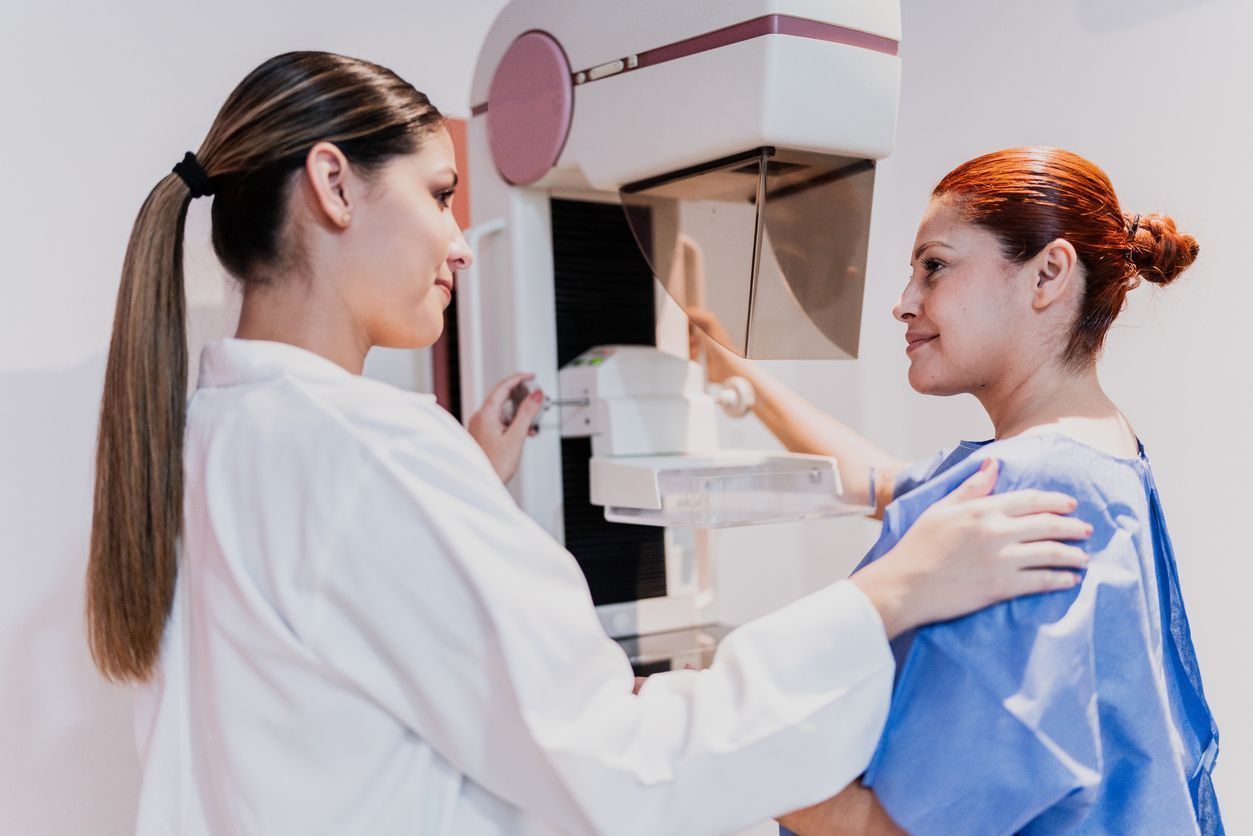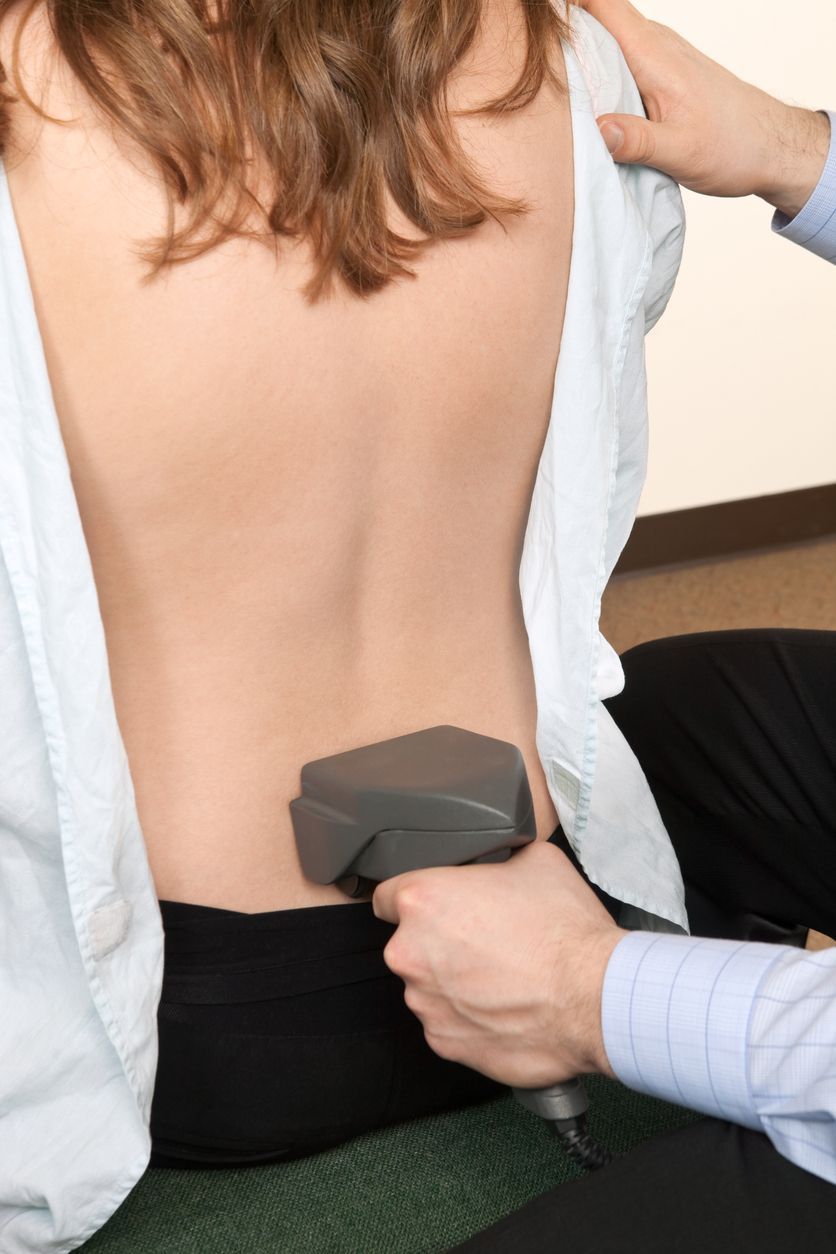Factors That Affect The Frequency of Thermography Screening
Thermography is a non-invasive tool that uses thermal imaging to detect temperature changes in the body. It can detect various health conditions and monitor disease progression. How often you should get a thermography scan will vary. It depends on your health concerns, any medical conditions, and your lifestyle. Here are some factors to consider:
- Age and gender: Women over 50 are at higher risk of developing breast cancer and may benefit from annual breast thermography scans. Men over 40 are at higher risk of developing prostate cancer and may benefit from annual prostate thermography scans.
- Health history: If you have a family history of certain conditions, such as breast cancer or cardiovascular disease, you will benefit from regular thermography scans to monitor any changes in your health.
- Lifestyle factors: People who have a sedentary lifestyle or are overweight, may be at higher risk of developing cardiovascular disease. So, regular thermography scans will monitor any changes in blood flow or the presence of inflammation that may indicate early signs of disease.
- Existing health conditions: If you suffer from arthritis or fibromyalgia, for example, regular thermography scans will monitor disease progression and treatment effectiveness.
In general, healthy individuals should have a baseline thermography scan and follow-up scans every 12 to 24 months. Of course, individuals with specific health concerns will benefit from more frequent scans. For example, women with a family history of breast cancer should have an annual thermography scan. Likewise, individuals with existing conditions may benefit from more frequent scans.
Thermography should not replace other diagnostic tools, such as mammograms or biopsies. It is an additional tool to detect changes in the body. Consult with your healthcare professional to determine the frequency of thermography scans based on your health concerns, conditions, and lifestyle factors.
Want to learn more about our Thermography testing and how this non-invasive diagnostic tool can help maintain your overall health? Contact us.













